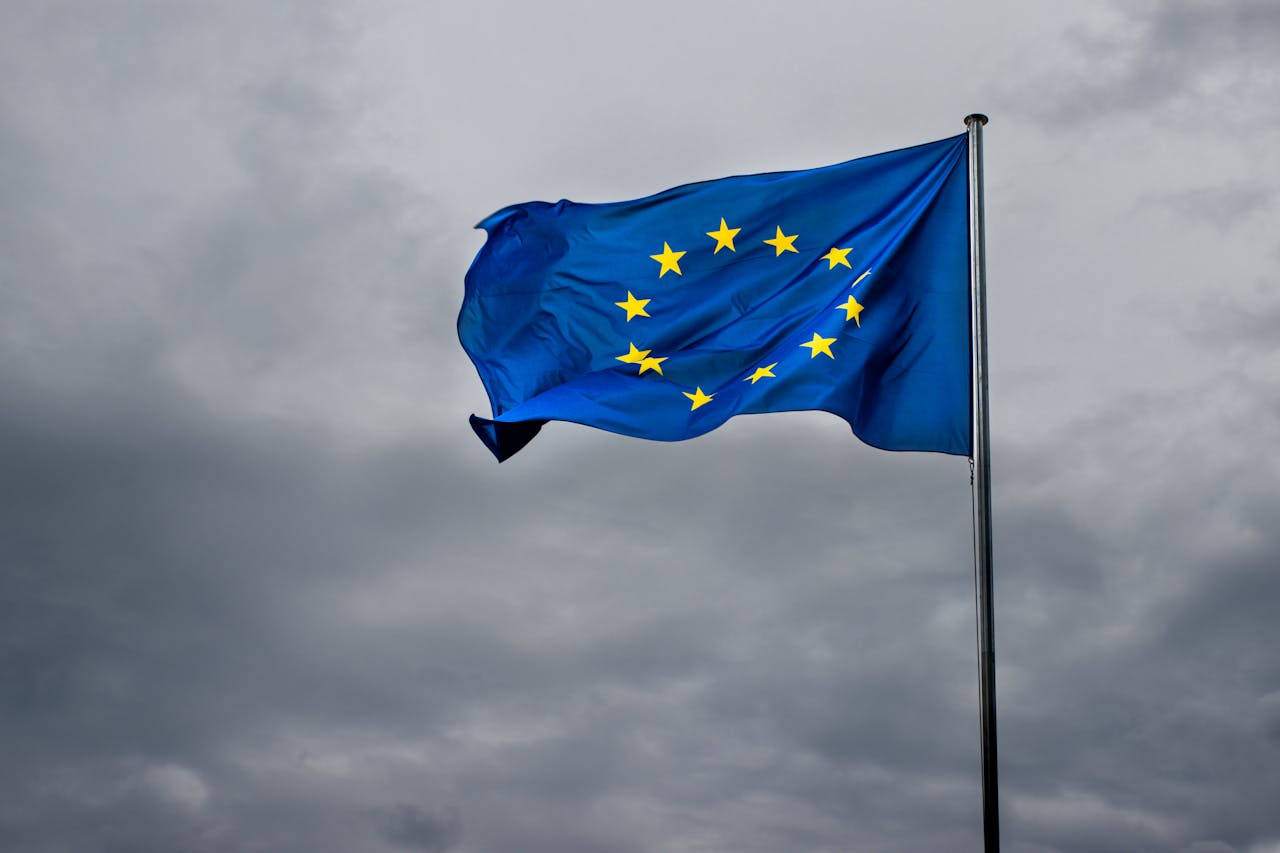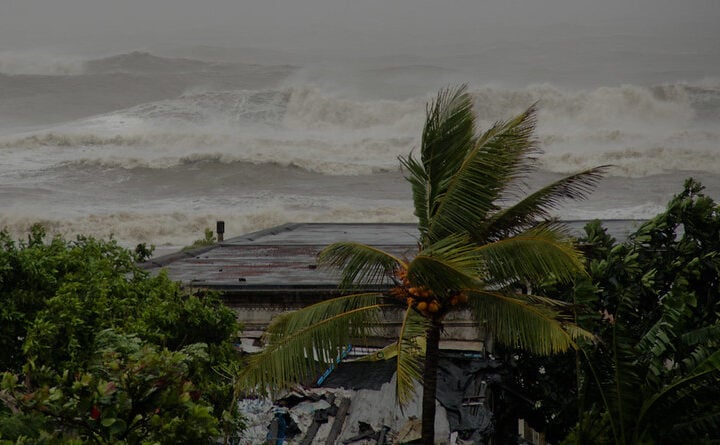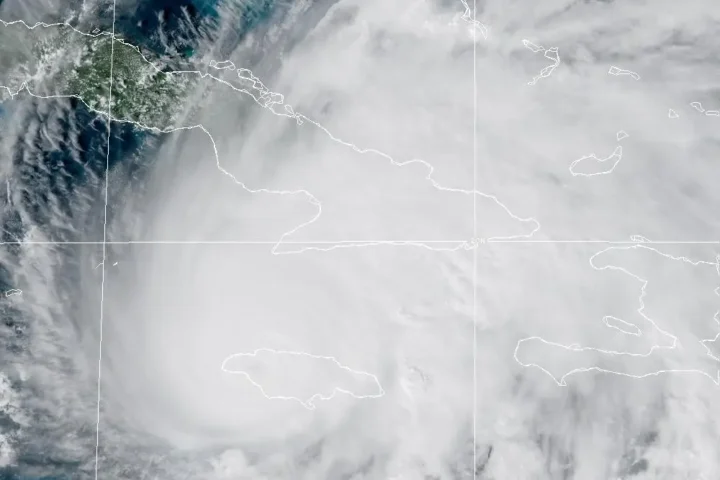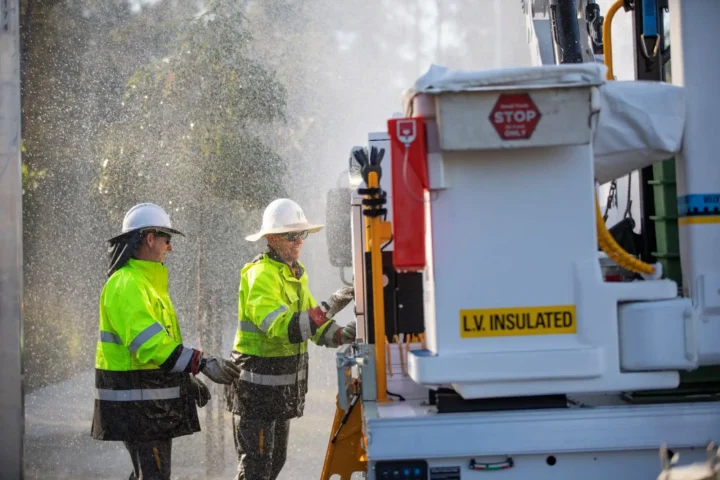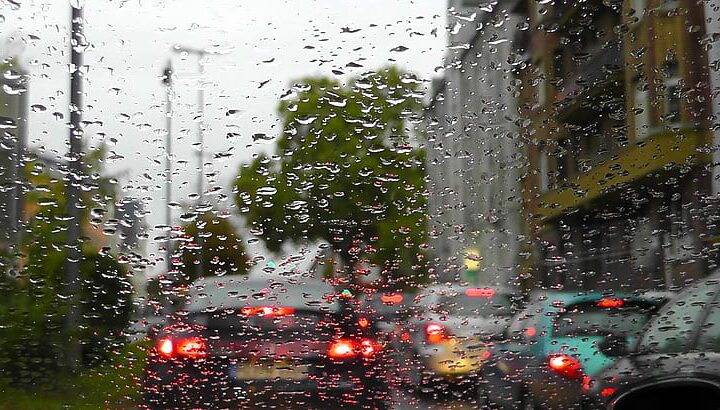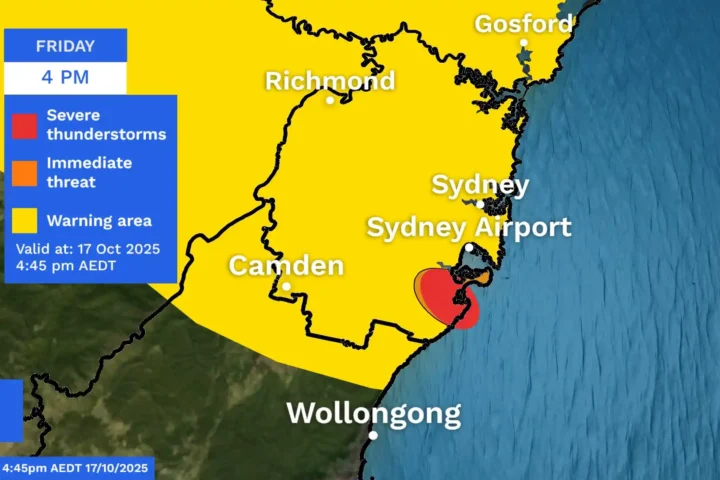The European Union is making significant strides toward its climate goals, with new data showing the bloc is just shy of reaching its ambitious 2030 targets. According to a recent assessment by the European Commission, the EU is on track to cut greenhouse gas emissions by 54% by 2030 compared to 1990 levels—only one percentage point short of its legally binding 55% goal.
The report, which analyzed National Energy and Climate Plans (NECPs) submitted by member states, revealed that the EU has already achieved a 37% reduction in emissions since 1990, despite the economy growing by nearly 70% during the same period.
“Emissions are down 37% since 1990, while the economy has grown nearly 70%—proving climate action and growth go hand in hand. Now we must build on this momentum,” said EU Climate Commissioner Wopke Hoekstra.
The energy sector has shown the strongest progress, with renewable sources now covering 24% of EU energy consumption. Member states are planning to increase this to 41% by 2030, approaching the EU’s 42.5% target.
Similar Posts
However, several challenges remain. Sectors including agriculture and transport are falling behind on cutting emissions. The plans also show that emissions from buildings, domestic transport, agriculture, small industry, and waste—which make up about 60% of EU emissions—are projected to decrease by 38% by 2030, slightly missing the 40% target.
Another concern is the declining ability of forests and land to absorb carbon. The EU’s “carbon sink”—natural ecosystems that store carbon—has weakened in recent years due to record-breaking wildfires and is not expected to improve by 2030.
Energy Commissioner Dan Jørgensen acknowledged both progress and remaining challenges: “We have reasons to be proud, although we cannot be satisfied. We’ve come a long way, but we’re not where we need to be yet.”
Three countries—Belgium, Estonia, and Poland—have yet to submit their climate plans, with the Commission urging them to “do so without delay.”
Civil society organizations have raised concerns about the implementation of these plans. Climate Action Network Europe’s policy expert Giulia Nardi warned: “The EU’s 2030 climate targets are clearly achievable, but without effective national policies and credible financing—both of which are largely lacking in the updated plans—implementation will fall short.”
The Commission is now preparing to propose an even more ambitious target for 2040, which could aim for a 90% emissions reduction compared to 1990 levels.
Europe is experiencing the effects of climate change firsthand as the world’s fastest-warming continent, with increasing crop-damaging floods and deadly wildfires. At the same time, the EU faces pressure from some member states to soften green measures for industries struggling with high energy prices.
As the Commission assesses the situation, the message is clear: progress has been made, but sustained effort and full implementation of current plans are essential to reach the EU’s climate goals.
